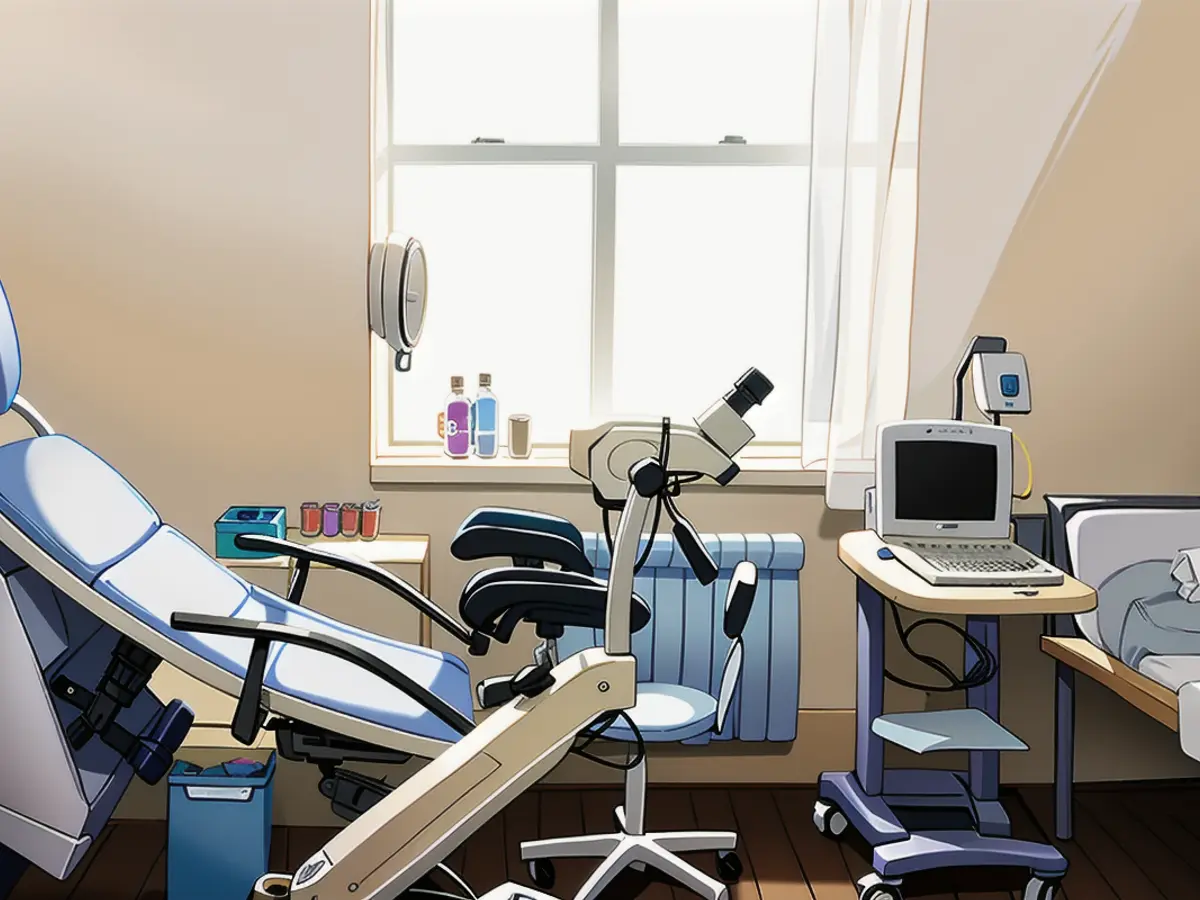Opinion: At Last, a Cervical Cancer Screening Offers Greater Freedom for Women
Unfortunately, many individuals are unable to undergo cervical cancer screening for various reasons. The recent approval of new techniques by the US Food and Drug Administration (FDA) allowing patients to collect their own samples might widen Americans' access to HPV testing, which is responsible for most cervical cancers. Although it's exciting news, we're disappointed it took place so late.
Usually, cervical cancer screening involves a healthcare provider examining the patient with a speculum and inserting a tiny brush into the cervix to obtain a sample of cells. These samples are then examined under a microscope and can also be tested for HPV. However, there are numerous reasons why individuals miss out on these traditional screenings. They might not be aware they need to be tested, lack insurance or a qualified doctor, or simply avoid such exams due to fear, stigma, or discomfort. The process of speculum examinations and Pap smears can be uncomfortable, stressful, or even painful, especially for those with previous sexual or birth trauma. Moreover, non-binary or transgender individuals may fear judgment.
Thus, the new self-screening option is remarkable: patients can now collect a sample by themselves using a swab (similar to a Q-tip) from within their vagina. This method is more private, convenient, and quick. It also avoids the need for traditional speculum examinations for several individuals. However, a standard speculum exam and Pap smear are still recommended for those diagnosed with HIV or with symptoms like abnormal bleeding, and some organizations suggest regular Pap smears in conjunction with HPV testing.
These self-collected vaginal swabs have numerous other advantages. They can potentially extend screening services to areas with a shortage of healthcare providers, ultimately improving access to this essential test. Additionally, they might boost a person's sense of control over their body, minimizing anxiety over the procedure.
One drawback is that these self-collecting methods can't be conducted at home. They require a visit to a hospital or clinic, while home testing (such as for sexually transmitted infections) has already shown to boost screening rates in the US. One trial revealed that home testing for HPV doubled screening among low-income and rural patients, and increased rates by 1.5 for specific insurance groups.

Considering that at-home screening is preferable to not getting screened at all, some critics dispute approving home tests for HPV. While a doctor's visit offers various benefits, such as addressing other health issues, the current guidelines require a clinic visit for self-collected samples. More affordable methods of at-home testing would be extremely beneficial for those who can't access healthcare facilities.
Apart from these issues, the US healthcare system requires several improvements, including educating the public about the significance of cancer screenings, aiding patients in understanding test results, covering testing expenses, and providing easy access to healthcare services and treatment.
In conclusion, it is crucial for all women, and individuals with female pelvic organs, to learn about their reproductive systems and how to maintain their health. Receive the HPV vaccine to reduce your cervical cancer risk, complete recommended cervical cancer screenings, practice life-long healthy habits, and consider self-collected swabs. Most importantly, let's continue advocating for information and access to the healthcare tools required to enhance our community's well-being.
Knowledge, whether it's about our HPV status or any other medical matter, is power.

Read also:
People may have different opinions about the convenience and accessibility of the self-collected vaginal swabs for cervical cancer screening. Some individuals might find it more private and less intimidating, while others might prefer the expertise of a healthcare provider during the procedure.
The introduction of self-collected samples for cervical cancer screening has sparked various debates among healthcare professionals and patients alike, with some arguing that home testing could further increase screening rates.







